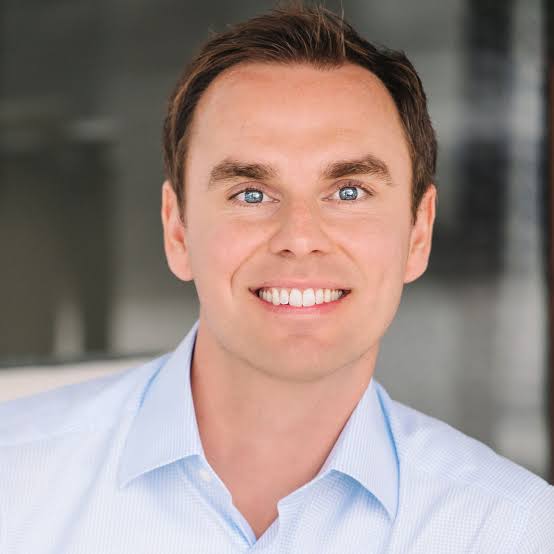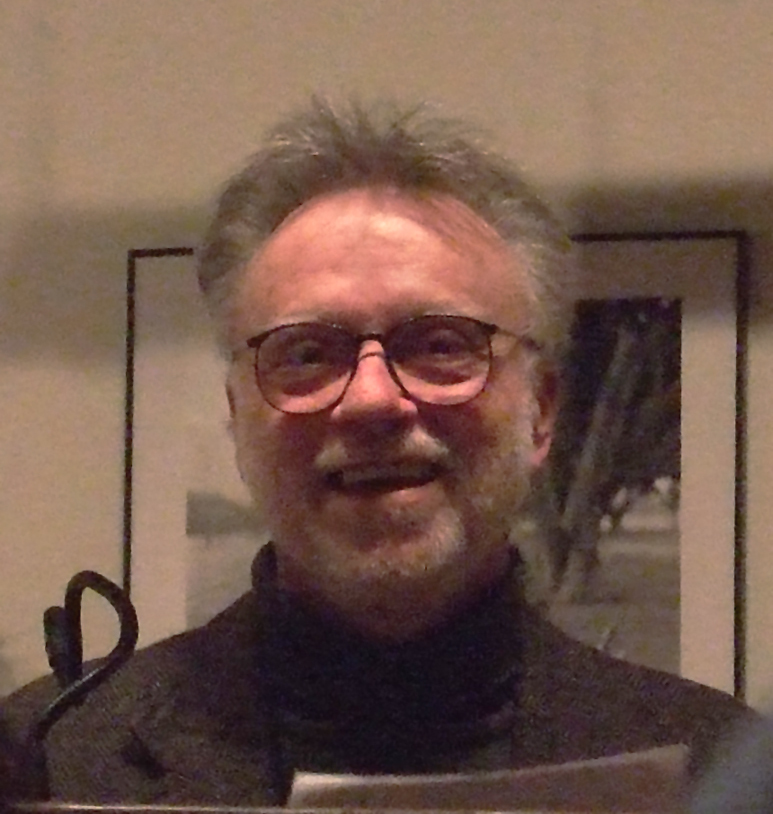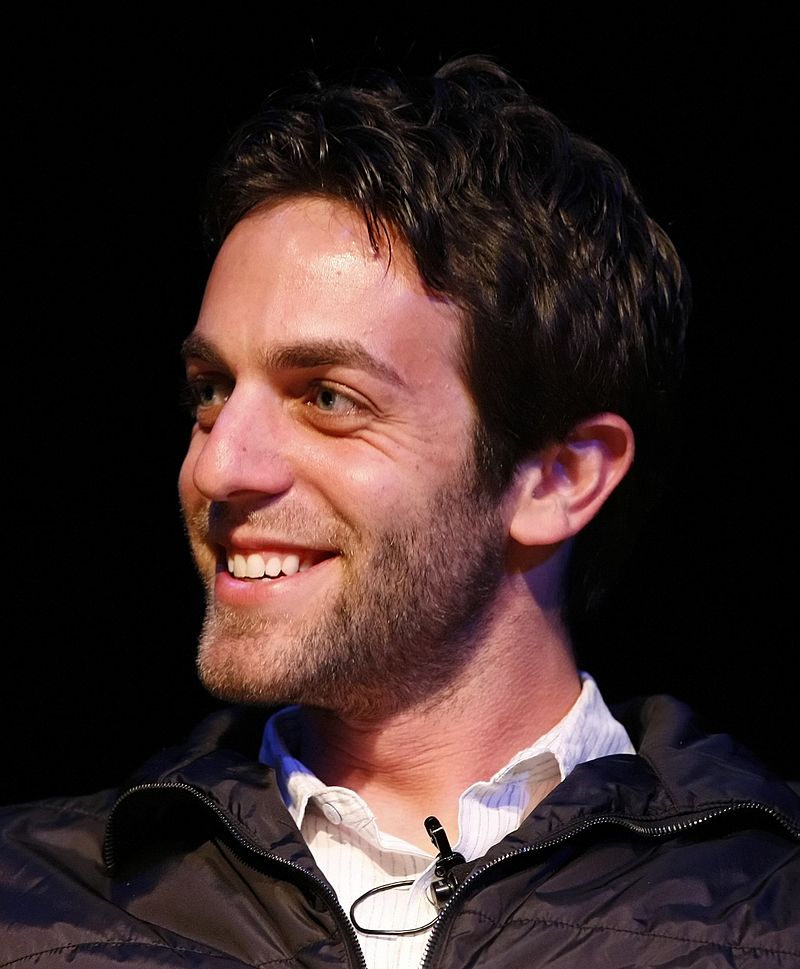 author
authorDiscover the Best Books Written by Sebastian Faulks
Sebastian Faulks was born in Donnington, a village near Newbury in Berkshire, on April 20, 1953. He was the younger son of Peter Faulks (1917-1998) and Pamela, née Lawless (1923-2003). Peter Faulks was a partner in the local law firm Pitman and Bazett. He had interrupted his legal training in 1939 to enlist with the Duke of Wellington’s, a Yorkshire-based infantry regiment. He fought in Holland, France, North Africa, Italy, Palestine, and Syria.
He was awarded the Military Cross in Tunisia. He was wounded in North Africa and again when his company was in slit trenches at Anzio. He received further wounds when the Germans bombed the beachhead hospital while he was waiting to be evacuated. He made a full recovery and lived an active life, later sitting as a judge in London and Reading.
Pamela Faulks was the only daughter of Philip Lawless, MC. He had served in the Artists Rifles in the First World War and captained Richmond Rugby Club. He was capped once by England in the second row. He was a sports reporter for The Morning Post and the Daily Telegraph, specializing in rugby and golf, which he played off a handicap of plus two. In 1945, he was reporting on the American advance into Germany across the Rhine at Remagem and was killed by enemy fire.
‘I had a very happy childhood,’ said Faulks. ‘My parents were kind, humorous, and affectionate. My brother Edward was a great companion. We only ever met one of our four grandparents. Two of them were dead, and my mother was estranged from her own mother. There was a sense that everything was beginning again – a fresh start after the War. Edward and I were both obsessed with ball games, and in the summer, we played cricket for about eight hours a day. I was shy, a loner, but quite content. I think the 1950s were a bit austere if you were grown up, but for a child, it was a good time, with Hornby trains and Meccano (which I could never master). Then came the Beatles.’
Faulks’s mother introduced her sons to books at a young age. She also took them to the theatre and to galleries in London. ‘She had the full classical canon on vinyl, and we absorbed all that, though we were much keener on pop music,’ said Faulks. ‘ “Pick of the Pops” with Alan Freeman on Sunday afternoons was sacred. Later on, Edward had a rock band at school. My father was into books only, I think, not music so much – he liked Trollope, Waugh, and Graham Greene. My mother knew all of Dickens backward. Those characters were real people to her.’
Both brothers were educated at Elstree School near Reading. ‘It was a demanding and old-fashioned school, and we both had to rise to the challenge,’ said Faulks. ‘I liked it very much; it was a formidable education.’ Faulks went as a top scholar to Wellington College in 1966 and, in 1970, won an open exhibition to read English at Emmanuel College, Cambridge. He graduated in 1974 and was elected an Honorary Fellow in 2007.
In the year between school and university, he studied in Paris and learned to speak French. After university, he spent a year in Bristol, writing a novel. ‘From the age of about fourteen, I had made up my mind. I was inspired by Dickens and D.H. Lawrence, among others. I set my heart on being a novelist at that young age.’ At the end of the year, he migrated to London, where he found work teaching in a private school in Camden Town.
After two years, he got a job running a small book club called the New Fiction Society, which the Arts Council had set up to stimulate sales of literary fiction. He took over from the novelist David Hughes, who became a lifelong friend. In 1979 Faulks joined the staff of the Daily Telegraph as the junior reporter on the diary column. ‘I was still writing books in the evening and at weekends,’ said Faulks, ‘but they weren’t much good.’ He had also been given work as a freelance book reviewer, first at the Sunday Times, then at the Spectator and Books and Bookmen.
Best author’s book




















